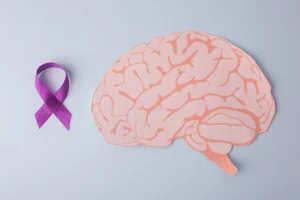
Post-Treatment “Oral Mucosal Damage and Dry Mouth” in Cancer Patients
After treatment ends, oral mucosal damage and dry mouth are common long-term issues for many patients.
They result from chemotherapy, head and neck radiotherapy, or targeted therapy affecting the oral mucosa and salivary glands.
Patients often feel persistent dry mouth, painful swallowing, altered taste, and recurrent oral ulcers.
These problems not only affect eating and nutrition but also cause pain, infection risk, and low mood.
Early understanding and management can help restore oral comfort and appetite.









